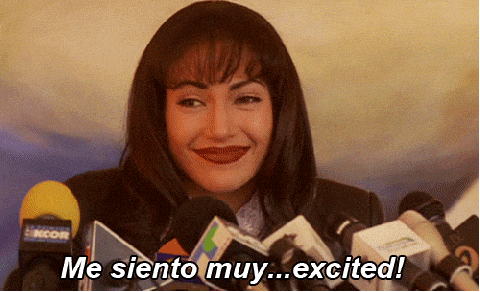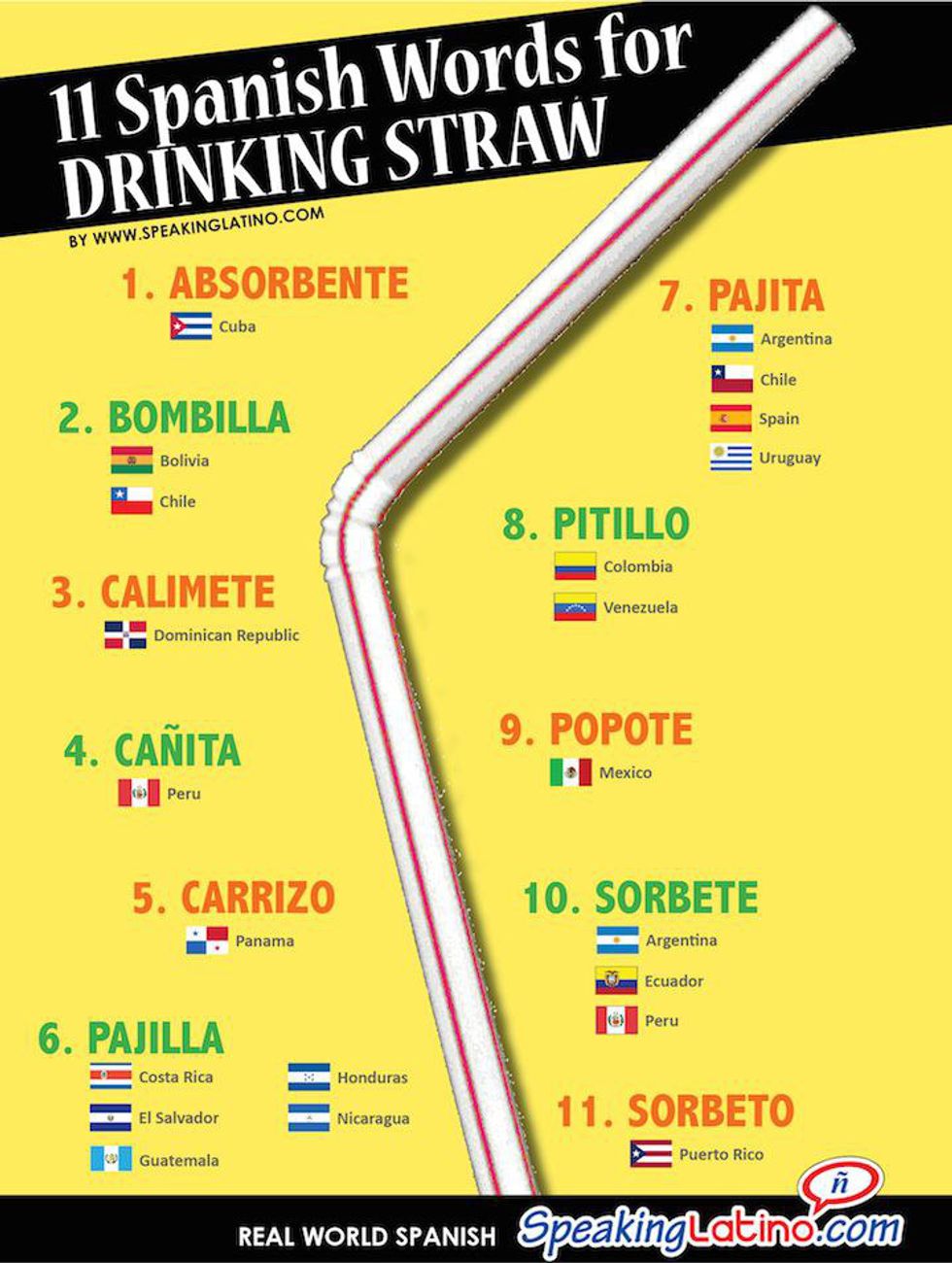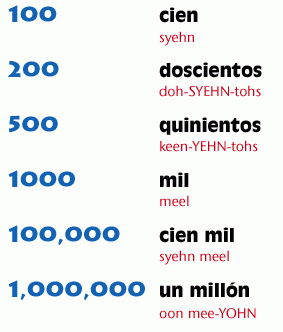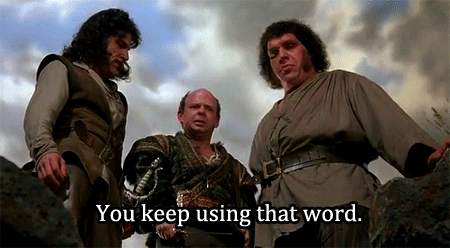If I had a dime for every time that as a Spanish major I had someone say "Wow, well, Dora never taught me that!" I probably could pay for the rest of my tuition in cash. Let it be known, I'm not bashing Dora! I think that trying to educate children at a young age in bilingual studies is a-maz-ing! But, if you genuinely think that a child's TV show is the best place to understand the beautiful creation that is the Spanish language... You have another thing coming.
Sure, these people might be joking... But I take my second language very seriously. And so I have compiled a handy-dandy list of all the things Dora fails to teach about Spanish, with the suggestion that classes are available at most high schools and universities in the States and perhaps these would be a more suitable place to learn.
1. How to form a decent sentence.
Sure, Dora is great for telling you that arriba means 'up' and abajo means 'down.' Knowing opposites is important, I suppose... And it's fun to be able to know what a bilingual sign on an elevator means... But man, what if I want to say, "It's up on the second floor?" Grammatical structure is kind of important...
2. Spanish changes from country to country.
I once had a professor tell me that 80% of all Spanish is the same, but 20% is all dependent on the culture. You would think, as I did, that the larger number means that that is the more frequently used Spanish. But after living in a Spanish speaking country for three months I learned that that isn't always the case. Not only to words change (carro in most of Central America means 'car,' while in Spain it is coche), but phrases can be completely different too! (¡Qué dicho! in Costa Rica means "Amazing!" or "Good to hear!" while ¡Qué padre! or ¡Qué chulo! means the same in Mexico.
3. Spanish is actually really intricate.
Don't get me wrong--as a Spanish major I absolutely love the challenge of the language. But boy oh boy Dora never prepared me for the subjunctive, or the several past tense forms that Spanish does but the English language does not have. Sometimes I cannot wrap my mind around why these concepts are so complicated. Dora made the hardest thing trying to say "¡Lo hicimos!" in time with the song at the end.
4. Any number past 1-10.
I can maybe recall vaguely learning 11-15, but what about the rest of the number line? Dos mil trescientos cuarenta y uno (2,341) is admittedly a mouthful to say... But it's a simple as learning the basic tens and adding 1-9, just like English!
5. Repeating the same word over and over and over doesn't actually help that much in a real life situation.
When first learning, sure repetition is an amazing way to get those words down pat. But, when actually confronted in a situation, if you don't know/can't recall a word... The best thing to do is not say the same things over and over... It's actually to slow down, and try a new combination of words. If that doesn't work you should definitely ask for help, because most people are actually really friendly and want to!


























